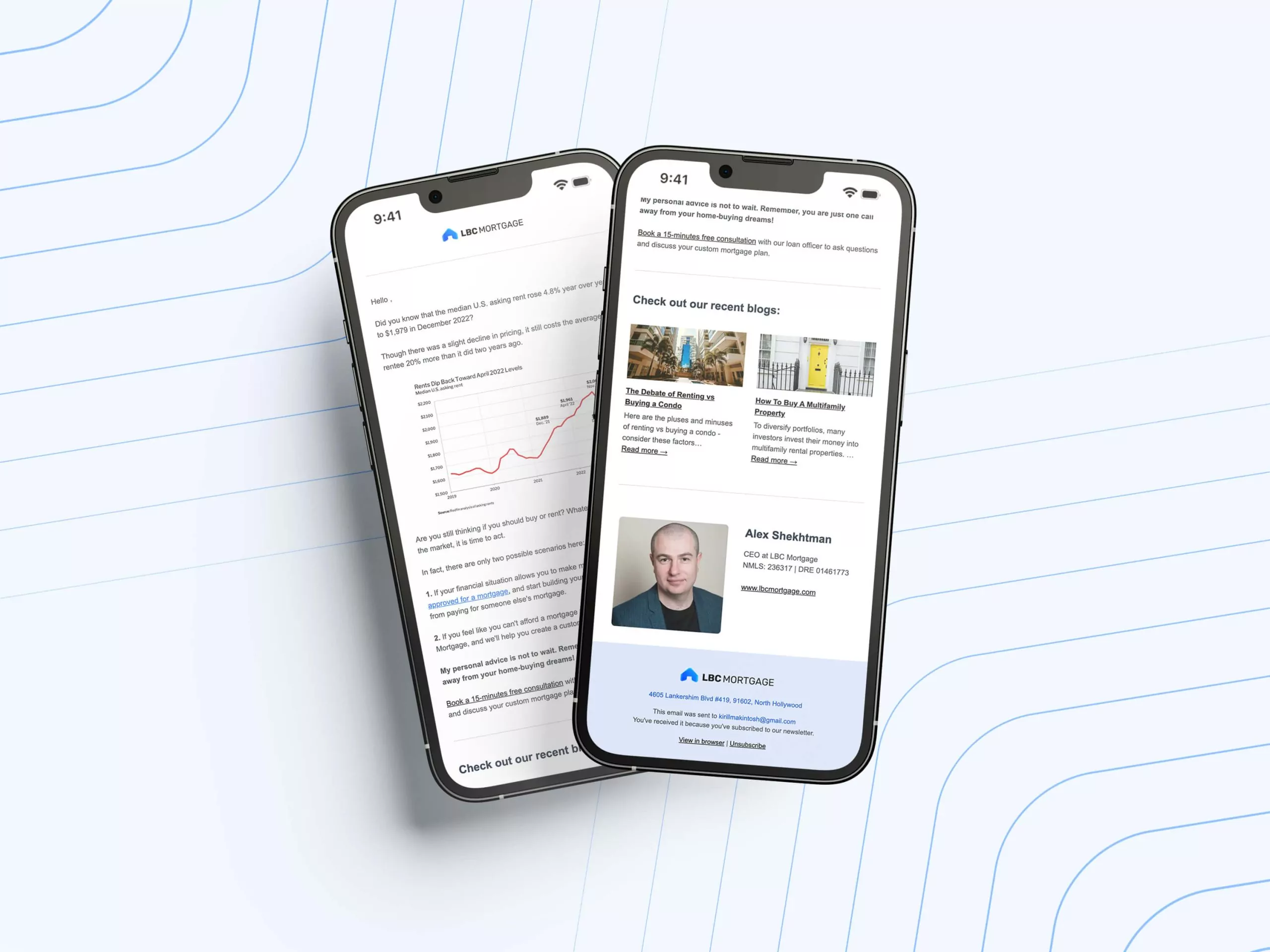It should be said that there are costs associated with originating a mortgage loan. Closing costs are the fees you pay to originate the mortgage. Before you can get a loan, you have to sign all related documents and complete the paperwork that will make you the de-facto owner of your new home. There will be a lot of people helping you at every step leading up to this point. Essentially, closing costs are the cost of services rendered.
What are closing costs and who pays them?
Closing costs will be 2% to 5% of the value of the residential property, and this percentage will be affected by variable factors. Variables include your status at the time of originating the loan, the type of loan, location and even your lending institution.
If you have concerns that mortgage costs are too high for you, you are not alone. The following tips can help you get a mortgage with minimal costs. First, familiarize yourself with all the options available to you and understand that you can choose service providers and agents to help you get a loan. Then try to reduce the number of days between getting a loan and paying it off. Do remember to review the final mortgage documents to make sure that all amounts are true and fair. Finally, ask the seller if they would be willing to pay part of the mortgage costs: many sellers are eager to agree.
Typically, the seller is responsible for some of the costs. For example, the seller usually pays a real estate commission. The amount is deducted from the sale proceeds, and the closing agent writes the check to the listing and selling real estate companies. In addition, the seller pays for his real estate attorney, if he has hired one. If the seller has not yet paid the annual property tax, the seller credits the buyer for the number of days the seller owned the home in that year. This credit reduces the amount of money the buyer needs to close.
The buyer usually pays for mortgage fees-application, origination points, discount points, mortgage insurance, credit report and mortgage broker’s fee. Lenders usually do not charge all of these fees per transaction. The originating point compensates the lender or mortgage broker for their work; the discount point lowers the interest rate. Each point costs 1% of the loan amount. Always negotiate with your loan officer the possibility of including some of these fees on your mortgage. This will increase your monthly mortgage payment, but reduce the amount of money you have to bring to the closing table.
Investigate the Good Faith Estimate
The Real Estate Settlement Procedures Act requires loan officers to send applicants a Good Faith Estimate (GFE) of expected closing costs within 3 business days of signing the loan application. These estimates detail the closing costs will be very close to the final payments and are usually received about 30 days before closing. If you need more time to prepare, ask your consultant to pre-qualify you for a loan before you start looking at homes.
LBC Mortgage team members are always happy to help with GFE and discuss the possibilities!
